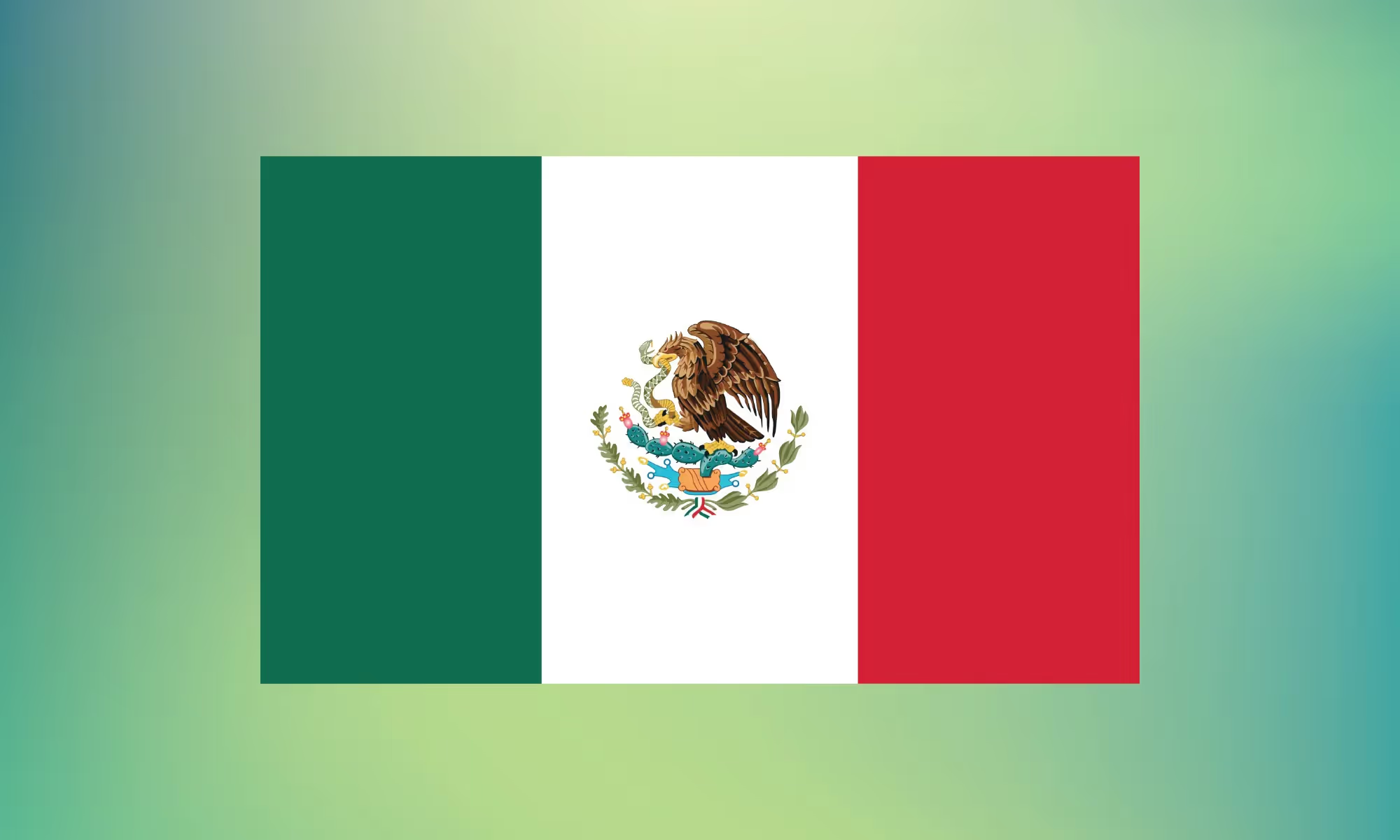Costa Rica
E-invoicing Guide
Summary
E-Invoicing
B2B, B2G and B2C e-invoicing is mandatory
Digital Reporting
Yes
Costa Rica Electronic Invoicing Requirements
Background
Costa Rica implemented mandatory e-invoicing in 2018. The system is managed by the General Directorate of Taxation (DGT) and applies to all businesses operating in the country, regardless of size or industry.
E-invoices in Costa Rica should be issued in XML format and include a digital signature to guarantee the authenticity and integrity of the invoice. They should also have a unique identification number assigned by the DGT (the “Registro Único Tributario”, or RUT).
The current electronic invoicing system in Costa Rica requires that both the issuer and the recipient of the electronic invoices, report/validate them with tax administration immediately and automatically. This validation process with the administration is concomitant with the delivery of the document to the counterparty of the transaction.
What Types of Businesses Does This Apply to?
Mandatory for all VAT-registered entities except for a) taxpayers registered in the simplified regime; b) taxpayers registered in the agricultural regime; c) religious institutions; d) condominiums; e) unions; g) the state; h) political parties; i) public transport
Governmental Body Responsible for E-invoicing in Costa Rica
The Ministry of Finance (Ministerio de Hacienda), through its General Directorate of Taxation (DGT - Dirección General de Tributación), is the governmental body responsible for invoicing in Costa Rica.
Penalties for Not Adhering to Costa Rica's E-invoice Mandates
- Failure to issue invoices: a penalty of 2% of the previous month's turnover with a minimum of 3 minimum monthly salaries and a maximum of 100 minimum monthly salaries.
- Failure to remit the XML to the tax authority: a penalty of at least 2 months’ minimum salaries and a maximum penalty of the closure of the business establishment.
What does the e-invoicing process in Costa Rica look like?
- The taxpayer sends an XML of an invoice to the Tax authority (within 8 days), via their billing system i.e. Fonoa, for validation.
- The billing system sends the XML file to the servers of the Ministry of Finance, where it will be signed with the cryptographic key and will receive an acceptance or rejection indication from the Tax authority. Note: The Tax authority receives the invoice and has up to 3 hours to validate it and send an acknowledgment of acceptance or rejection. This XML message will accompany the sending of the invoice to the recipient.
- The receiver must formally accept or reject the invoice within 8 days of the invoice's approval.
Is SAF-T Needed in Costa Rica?
No.
E-Invoicing & Global Tax Automation with Fonoa
One way to comply with Digital Reporting Requirements in Costa Rica is to use a provider like Fonoa.
With Fonoa you can:
- Have one integration for your global needs, including Costa Rica
- Save time and money by automatically cleaning your data to minimize errors and manual work
- Utilize our validation mechanisms to ensure reporting accuracy, data completeness, full control, and compliance
- Rest assured that transactions are successfully reported or queued for internal investigation with our retry mechanisms
- Get full visibility with our dashboards by filtering criteria, analyzing granular transaction data, and quickly importing /exporting information
Disclaimer on Tax Advice
Fonoa does not provide professional tax opinions or tax management advice specific to the facts and circumstances of your business and that your use of the Specification, Site, and In addition, due to rapidly changing tax rates and regulations that require interpretation by your qualified tax professionals, you bear full responsibility to determine the applicability of the output generated by the Specification and Services and to confirm its accuracy. No professional tax opinion and advice. Fonoa does not provide professional tax opinions or tax management advice specific to the facts and circumstances of your business and that your use of the Specification, Site, and In addition, due to rapidly changing tax rates and regulations that require interpretation by your qualified tax professionals, you bear full responsibility to determine the applicability of the output generated by the Specification and Services and to confirm its accuracy.










